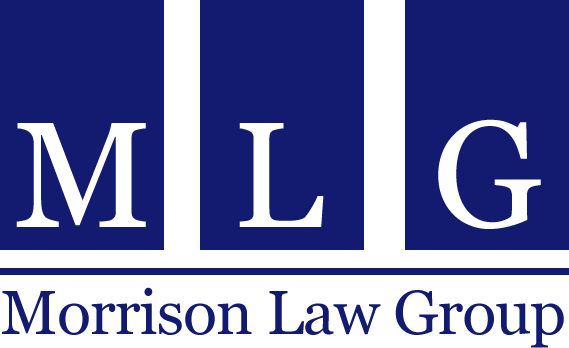Actions taken to “hinder, delay or defraud” creditors are grounds for denial of discharge under 11 U.S.C. § 727. Still, potential bankruptcy debtors transfer titles to property and cash to friends and relatives before filing their bankruptcy case based on the perception that this is legal and advantageous. It’s not. Placing assets in the names of others exposes them to a lawsuit to recover the property, while it may even place the debtor’s bankruptcy discharge at risk.
11 U.S.C. § 548 provides bankruptcy trustees with authority to avoid certain transfers made by a debtor that place assets beyond the reach of creditors. A “fraudulent conveyance” is a third-party transfer of assets by a debtor intending to prevent creditors from having access to these assets as payment for their claims.
Title 11 (Bankruptcy Code) categorizes two types of fraudulent transfers. The first type is actual fraud, where a debtor intentionally attempts to defraud creditors. The second is constructive fraud, where a debtor transfers an asset in exchange for grossly inadequate consideration. § 548 of Title 11 addresses fraudulent transfers or conveyances and constructive fraud.
For a debtor’s transfer to constitute constructive fraud, the debtor must receive less than “reasonably equivalent value” in exchange for the transfer. But there is an additional requirement: The debtor must be insolvent or unable to pay debts either at the time the transfer was made or as a result of the transfer.
Bankruptcy trustees charged with administering the bankruptcy case of a debtor who engages in an alleged fraudulent conveyance typically examine whether the debtor received reasonably equivalent value for the asset rather than the debtor’s intent to defraud.
In determining whether an exchange involved “reasonably equivalent value,” courts will examine a transaction’s relevant details including the following:
- whether a sale was for fair market value;
- whether a transaction was made in good faith;
- whether a transaction was made in the ordinary course of business;
- whether a transaction was made by independent parties;
- the competitive bidding on the property; and
- the effect on the debtor’s estate with respect to funds available to unsecured creditors.
If nothing of value is exchanged for the transfer of the debtor’s property, obviously, the debtor has received less than “reasonably equivalent value.” Questions typically arise when some consideration is exchanged for the debtor’s property, and the trustee and bankruptcy court must assess if the value received was adequate compensation for the asset.
Once a transfer is considered fraudulent, the bankruptcy trustee may recover the value of the property or the property itself, provided that the property has not been transferred to a bona fide purchaser (BFP). Anyone who gave value in good faith without notice of any other claims or outstanding rights to the subject property is a bona fide purchaser. A BFP typically retains the property in this situation.
The bankruptcy code has a statute empowering the recapture of transfers made within two years of filing. Also, the bankruptcy trustee has the rights of creditors under Utah law to recover any property fraudulently transferred by the debtor. In Utah, creditors have four years to recover fraudulent transfers.
Prospective bankruptcy debtors considering the transfer of an asset of their future bankruptcy estate must consult with an experienced and knowledgeable bankruptcy attorney to ensure that such transfer does not qualify as a fraudulent conveyance under the Bankruptcy Code.
Talk to the Morrison Law Group about your Chapter 7 or Chapter 13 bankruptcy options. Call 801.456.9933 today to schedule a FREE consultation. We are Utah’s only statewide bankruptcy law firm and have locations in Ogden, Logan, Sandy, and St. George to serve the residents of the counties of Weber, Cache, Salt Lake, Utah, Morgan, Davis, Washington, and surrounding areas.


